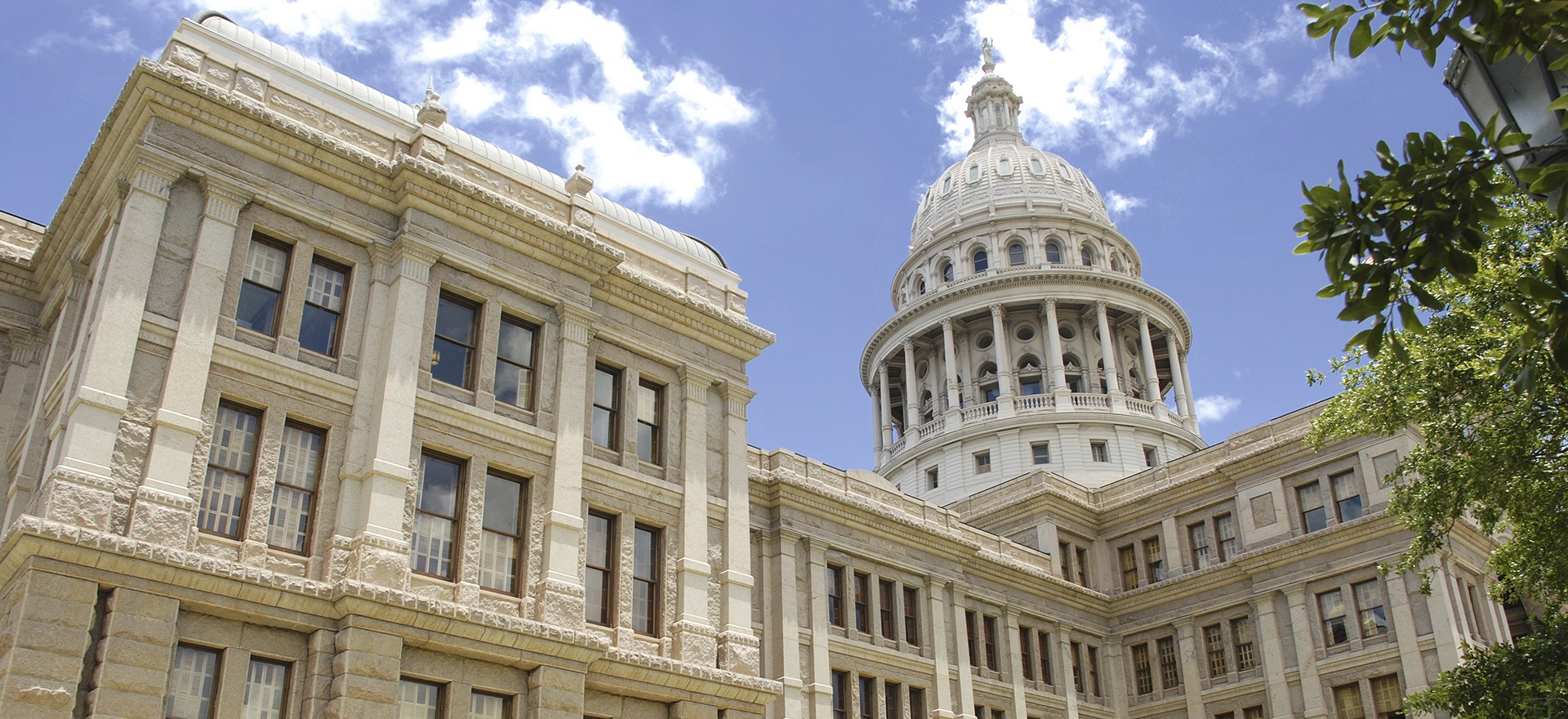A busy education week in Washington

Congress | Federal School Safety
Date Posted: 6/28/2018
This week’s landmark U.S. Supreme Court decision on collective bargaining topped the education news coming out of Washington, but across the street, Congress was working on a few public education issues as well. A U.S. Senate committee gave early approval to a future education budget, a separate Senate committee advanced a bill to revamp the federal role in Career and Technical Education (CTE), and the Trump Administration continued its work on school safety.
Federal education funding
The U.S. Senate Subcommittee on Labor, Health and Human Services, Education, and Related Agencies marked up a bill this week to address funding for the education department in fiscal year 2019 (FY19). While the bill still has to get the approval of the full appropriations committee, the full Senate, and then the U.S. House, it is an early indicator of how the U.S. Senate intends to fund education in the future. On the other side of the building, the House has its own version of an FY19 education funding bill sitting in the same spot as its senate companion (having passed out of the subcommittee). Overall, the Senate bill would provide $71.4 billion in funding for the Department of Education, which represents a $541 million increase, while the House bill grants $71 billion, a $43 million bump. The respective committees have summaries of the House and Senate bills posted for more information.
Rewrite of the federal CTE law
Those funding bills would stabilize funding for CTE at or just above current levels for FY19, and a separate bill to reauthorize the Carl D. Perkins Career and Technical Education Act is gaining considerable steam. The White House and other major players have backed the legislation, and it easily passed out of the U.S. Senate Committee on Health, Education, Labor, and Pensions on Tuesday. The bill would give states more authority in crafting their goals, as long as they are aligned with requirements under the bill, but states would be required to meet those goals within two years or face losing funding. A House version of the bill has already made its way to the Senate, where it has sat while the Senate works on this version of the bill. One loud voice opposing the Senate version is the American Association of School Administrators, who called the bill too prescriptive and a step away from the flexibility advancements made under ESSA.
School safety commission
Meanwhile, the Federal Commission on School Safety began what is expected to be a series of regional listening sessions in Lexington, Kentucky this week. The remaining sessions have not been announced, but the commission intends to host more, calling this week’s meeting the “Midwest” session. The commission was announced by President Trump in March following the Marjory Stoneman Douglas school shooting in Parkland, Florida. It is chaired by Secretary of Education Betsy Devos and is also made up of Attorney General Jeff Sessions, Secretary of Health and Human Services Alex Azar and Secretary of Homeland Security Kirstjen Nielsen. The commission has already conducted some of its work in Washington both publicly and through private meetings.
Back in Texas, the Texas Education Agency (TEA) announced a federal grant opportunity pertaining to school safety: the STOP School Violence Prevention and Mental Health Training Program grant is available through the US Department of Justice. TEA said it intends to apply, but also shared that the opportunity is open to individual ISDs. More information on the grant can be found here.
CONVERSATION
RECOMMENDED FOR YOU

12/19/2025
Teach the Vote’s Week in Review: Dec. 19, 2025
Happy Holidays from ATPE! The ACLU of Texas is challenging SB 12 in federal court, and ATPE has distributed candidate surveys to those running for statewide, legislative, and SBOE seats.

12/18/2025
Gov. Abbott’s property tax promise and the split in the Texas GOP
Property taxes aren’t just a political talking point. They’re the main revenue source for vital local services, including police, fire, and public education.

12/12/2025
Dec. 8 filing deadline sets the stage for 2026 elections
Now’s the time to confirm your voter registration and update it if necessary.

